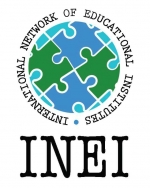The XVI World Congress of Comparative Education Societies (WCCES) hosted by Beijing Normal University has wrapped up on August 26 in Beijing, China, where over 1000 experts and scholars from more than 70 countries and regions in the field of Comparative Education were gathered. This is the first time WCCES has been held in China since the establishment of the World Council of Comparative Education Societies more than four decades ago.
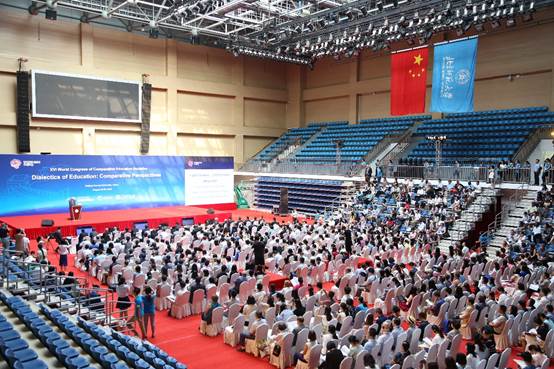
The theme of the Congress this year is Dialectics of Education: Comparative Perspectives. Dr. Dong Qi, President of Beijing Normal University, hosted the opening ceremony on August 22.
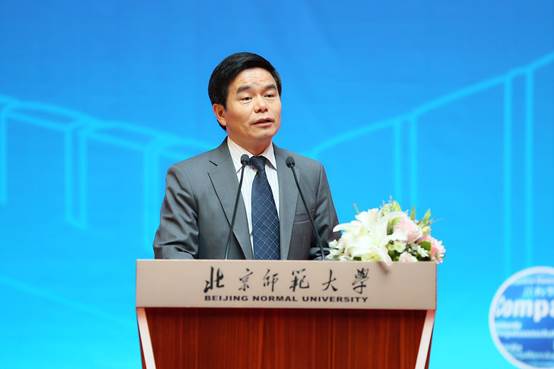
Speaking to the gathering on the occasion, Chen Baosheng, Minister of Education, expressed a hearty congratulation to Beijing Normal University serving as the venue of the World Congress. He noted that China has built the largest scale educational system in the world, which has dramatically improved the educational equity and quality, ensured the people’s rights to education, and boosted the economic growth in China.

Ms. Liu Chuansheng, Chairperson of the University Council, Beijing Normal University, stated that Comparative Education plays a unique role in promoting the mobilities of people from different countries, helping people to better understand the cultural differences. Hosting the World Congress in China will facilitate the development of Comparative Education in China.
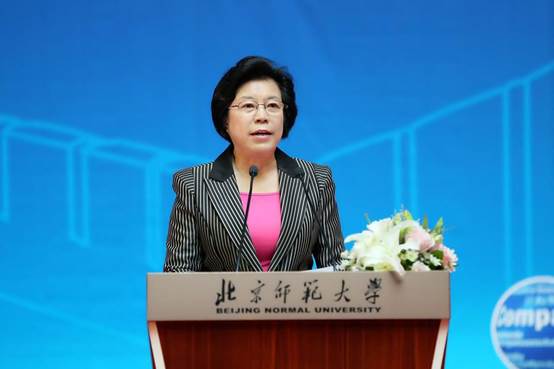
Dr. Carlos Alberto Torres, President of WCCES and Distinguished Professor of Education and UNESCO UCLA Chair in Global Learning and Global Citizenship Education, said that Comparative Education has great advantages in solving world problems like improving access to education, education equity and education quality, etc. He stated that it is a constantly changing filed closely related with the trend of globalization, and we need to pay attention to the social environment where education develops in order to solve the problems.
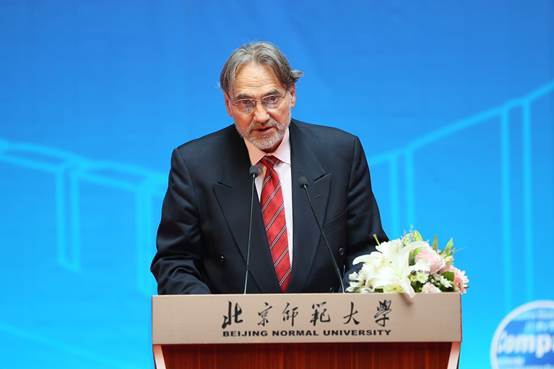
Prof. Gu Mingyuan, Honorary President of China Education Societies and Distinguished Professor of Beijing Normal University reviewed the history of China being a member of the World Council of Comparative Education Societies and how hard it had been for China to apply to be the host of the WCCES in 2016. He also presented a general survey of the achievements and existing problems of China’s educational development since her Reform and Opening Up, and underlined that China still has a long way to go on the path of realizing education modernization and should learn from the advanced experiences of other countries.
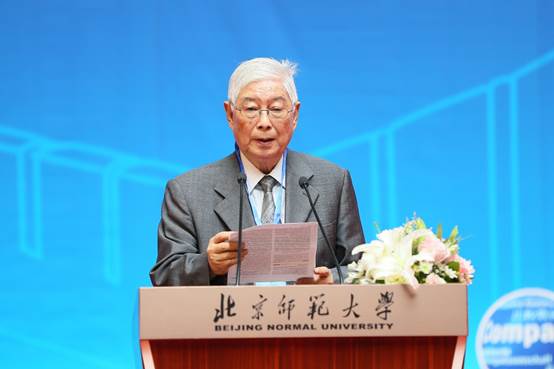
The Congress was honored to have invited Professor Wang Yingjie, Senior Professor of Comparative Education in the Institute of International and Comparative Education at BNU, and Andreas Schleicher, Director for Education and Skills and Special Advisor to the Secretary-General at OECD as the keynote speakers at the opening ceremony.
With the theme of The Prospect of Chinese Schools: From the Perspective of Dialectics, Prof. Wang’s speech elaborated on a two-year mixed method study of the Chinese schools across 36 provinces, which are experiencing six kinds of conflicts, including the adherence and alienation of educational aims, the joys and sorrows of students growth, the deeply anxiety and expectations of parents, the persistence and emancipation of teachers, the dilemmas and breakthroughs of principals and the evolvement and deviation of Chinese organization. The speech discussed how the formation of normalized and standardized school education provides the possibility of inquiry teaching and personalized education, the further prospects of building a high-quality teaching profession, exploration of new governance strategy, provision of diversification curriculum and innovation of teaching techniques. Prof. Wang stated that Chinese schools are undergoing dramatic changes in the age of globalization and digitization, and they are ready to build more extensive and intensive educational international partnerships.

Prof. Andreas Schleicher delivered a speech entitled Better Skills, Better Jobs, Better Lives—The Challenge of Connecting the Worlds of Learning and Work, in which he expressed his concern for today’s youth who cannot compete on experience or social networks in ways that older people can and in many countries graduates experience difficulties finding jobs. He reviewed how people can anticipate the evolution of the demand for skills in modern societies and how the world of learning and the world of work can be better integrated to meet the demand. He underlined that today’s youth should be equipped with the right skills and be provided with the right opportunities to use their skills effectively, which will greatly increase their access to better-paying and more-rewarding jobs.
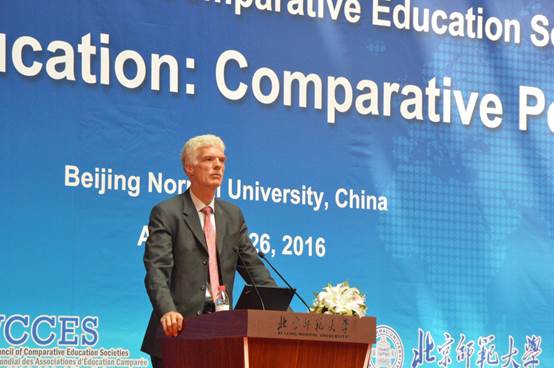
On August 24, Prof. Ruth Hayhoe from the Ontario Institute for Studies in Education of the University of Toronto and Dr. Carlos Alberto Torres, President of WCCES, made keynote presentations at Yingdong Conference Hall. Prof. Ruth Hayhoe’s presentation, themed with China in the Center: What will it Mean for Global Education, focused on China’s experience in educational development, China’s rich educational civilization, and China’s programs of support for educational development in Africa and Southeast Asia. She suggested that the normal university is uniquely suited to bringing China’s rich educational civilization to a wilder world and these embody forms of dialogue and reciprocity that have the potential to open up refreshingly new approaches to educational thought and practice globally.
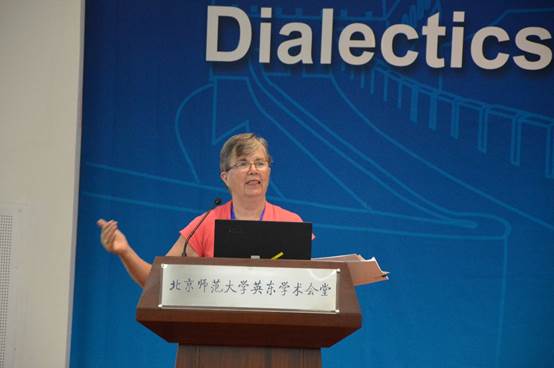
On the topic of The State of the Art of Comparative Education: WCCES at a Crossroads in the 21st Century, Dr. Carlos Torres’s speech offered an analysis of what are the potential contributions and emerging challenges of comparative education. He stated that this state of the art of the discipline will confront the potential roles of the WCCES to address the challenges to acquire new luster and relevance in a growingly interdependent world and in the context of a more complex institutional and diverse professional setting.
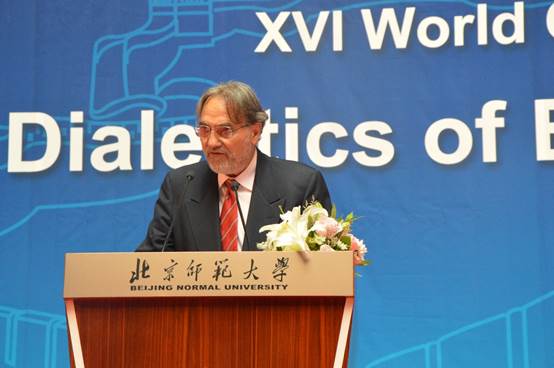
In total, the XVI WCCES accepted over 1000 academic papers. With 2 keynote speeches, 4 highlighted panels, 274 parallel sessions and 4 poster sessions, the 16th World Congress provided a high-end platform for educators and scholars from around the globe to share their recent research findings, which led to fruitful linkage and animated discussions on global education reforms between conference participants. China’s educational innovation achievements were fully showcased by the Congress and it presented to the world China’s new spirits. Many conference participants spoke highly of the organization work of the Congress and said that this has been the most successful congress in the history of the World Council of Comparative Education Societies.
